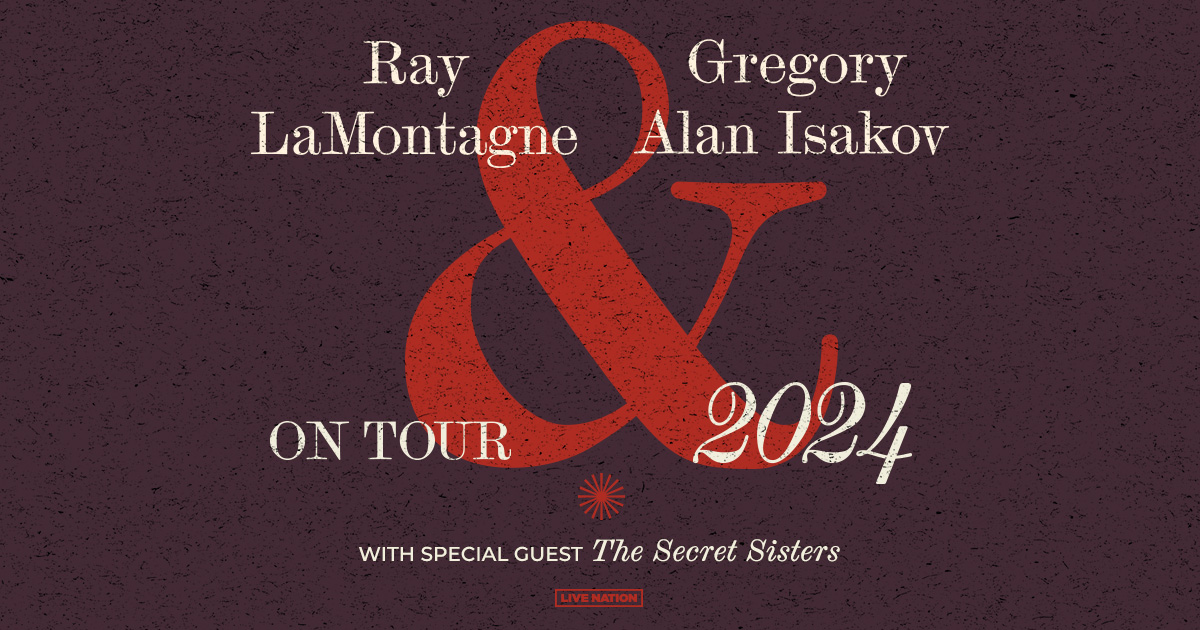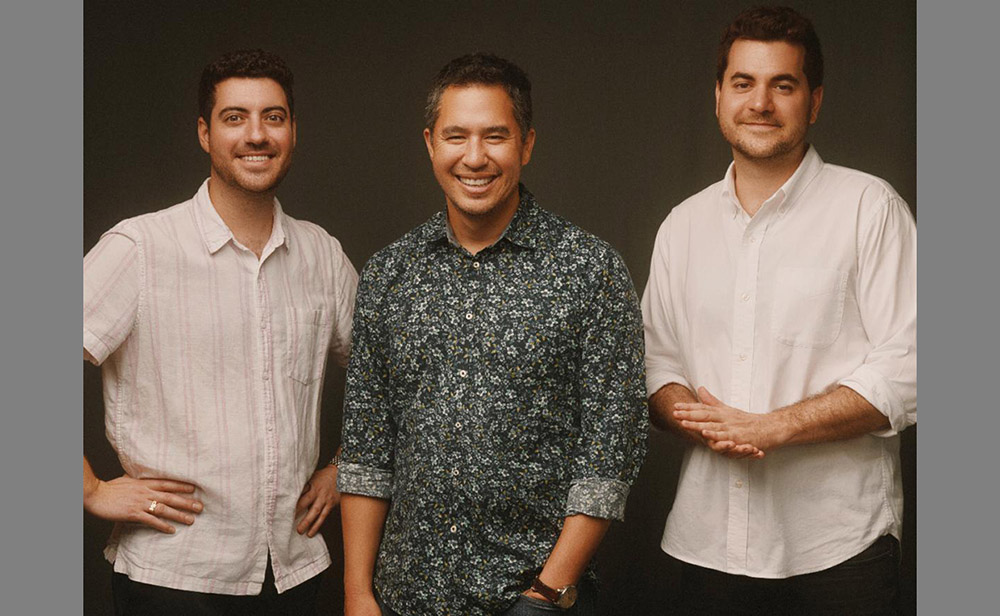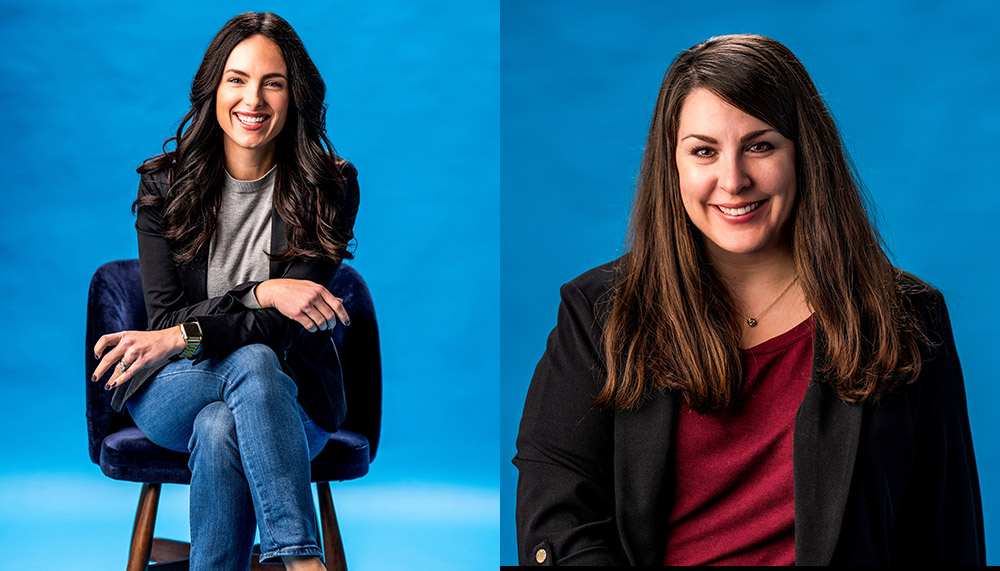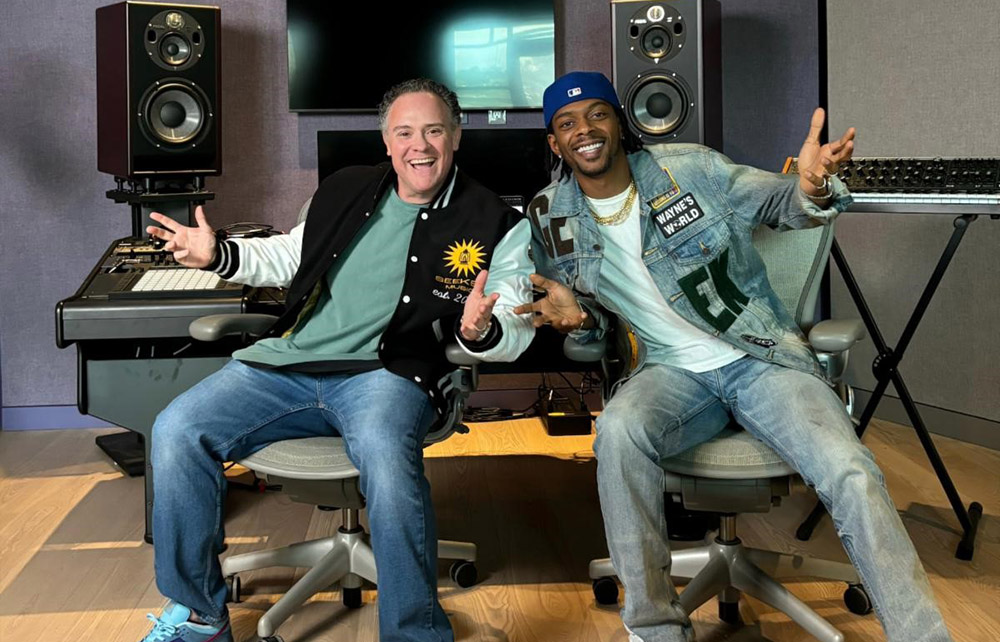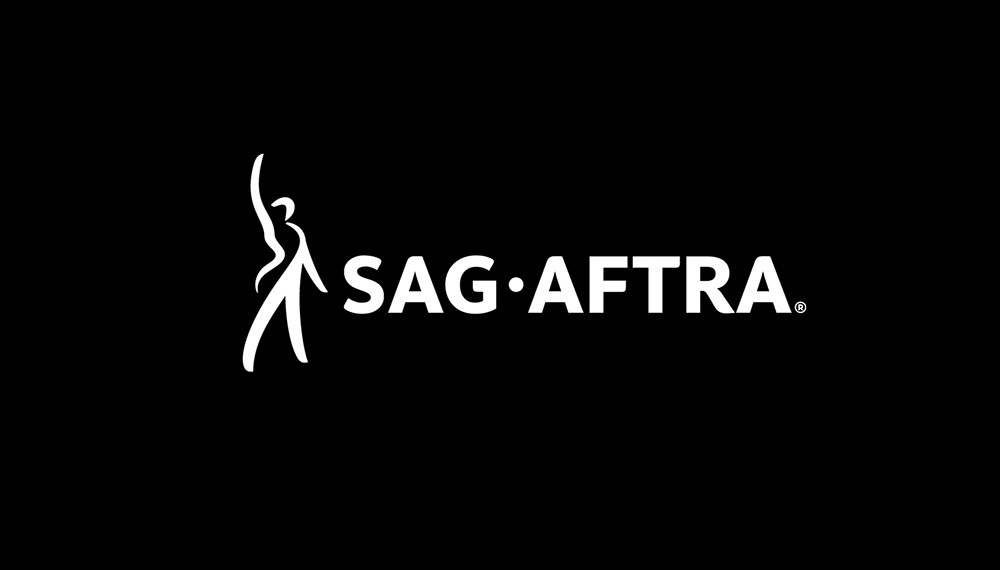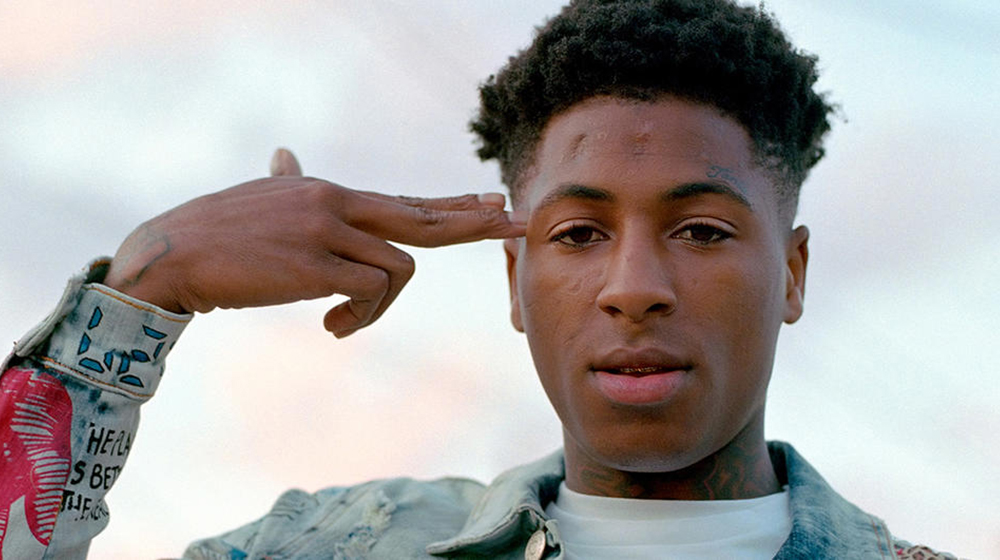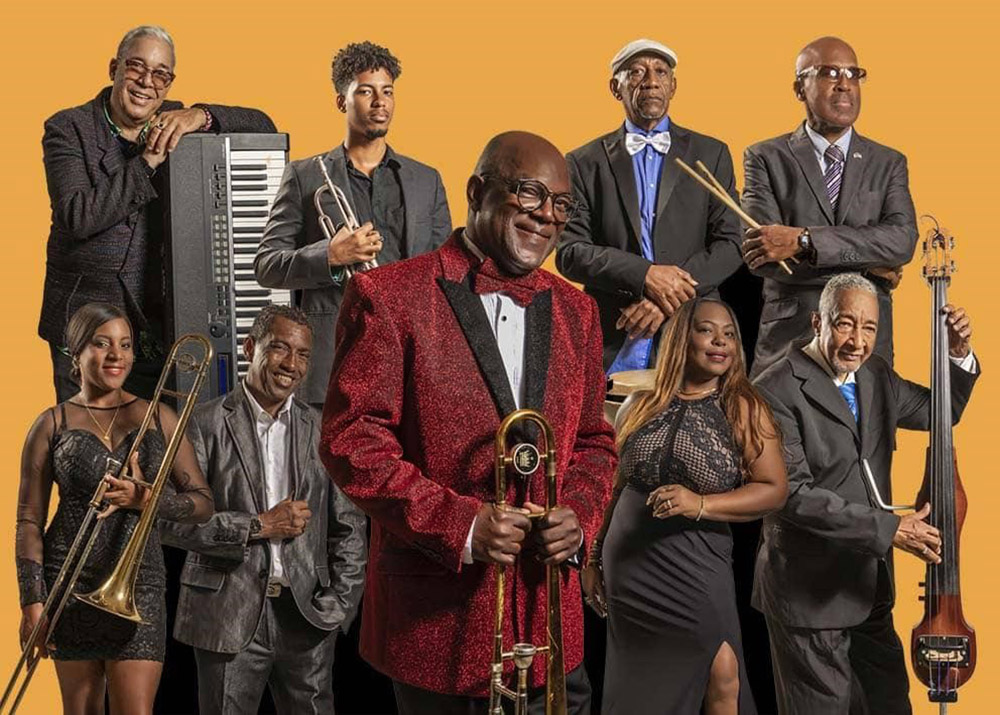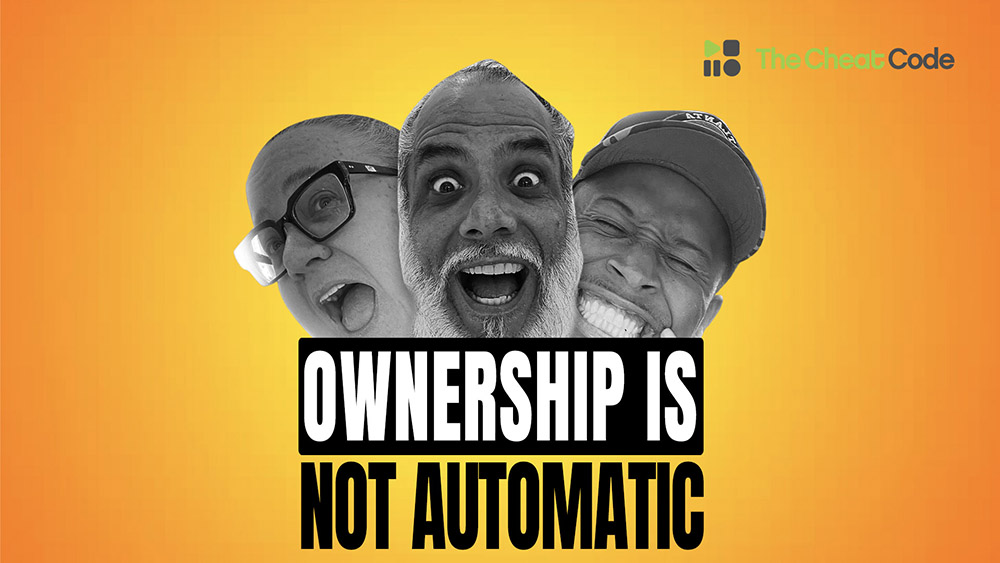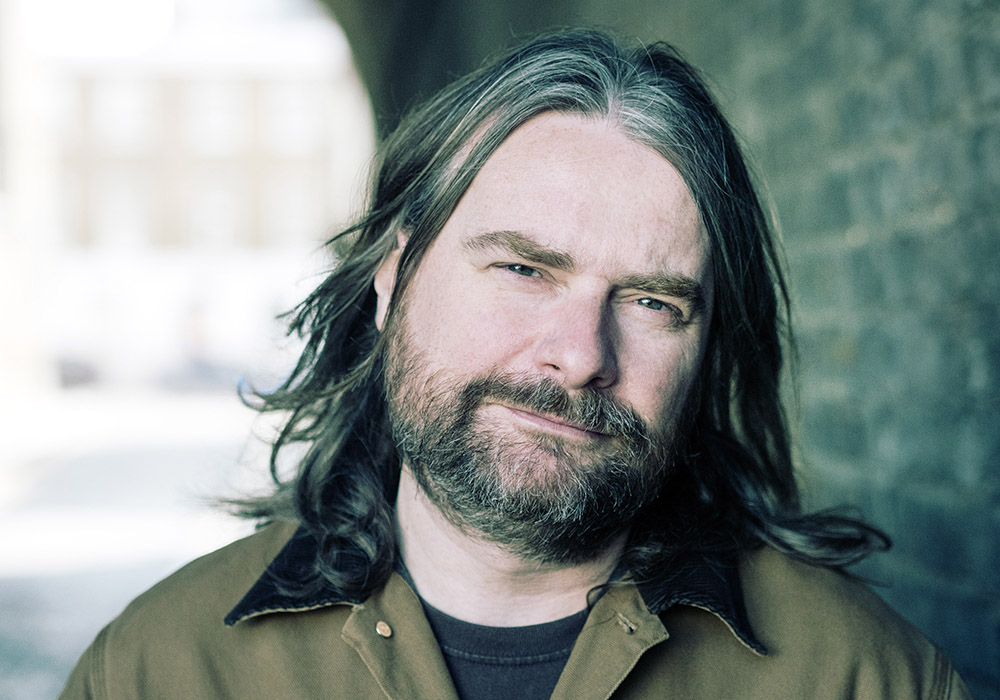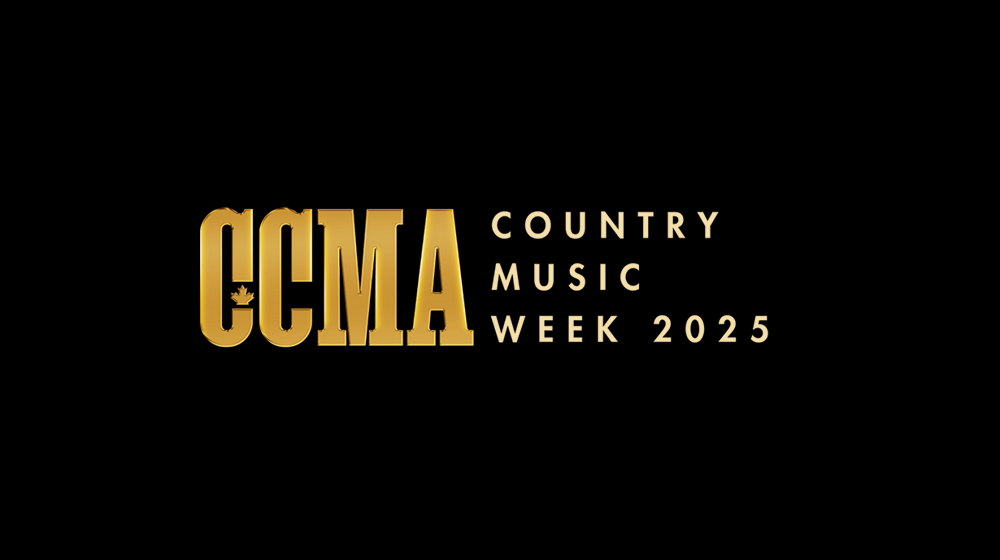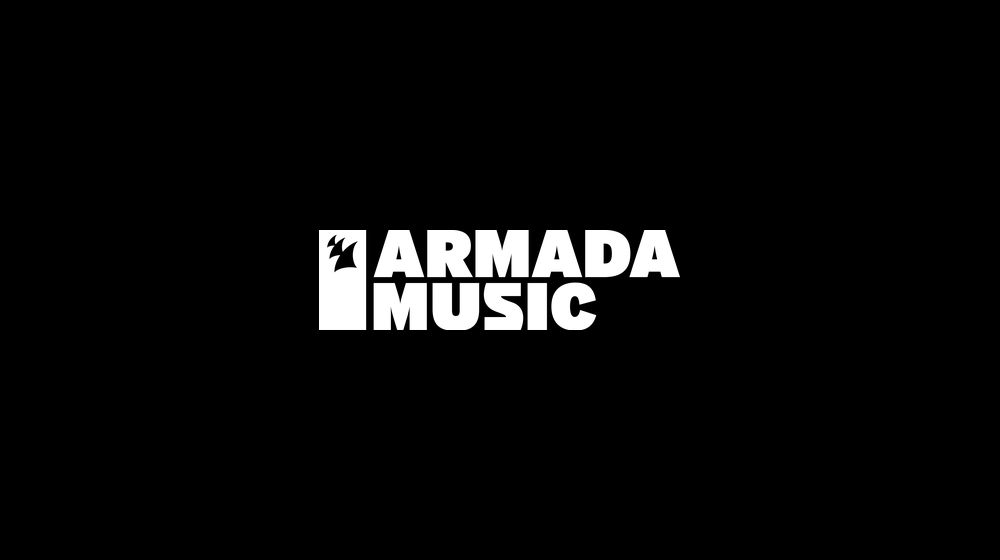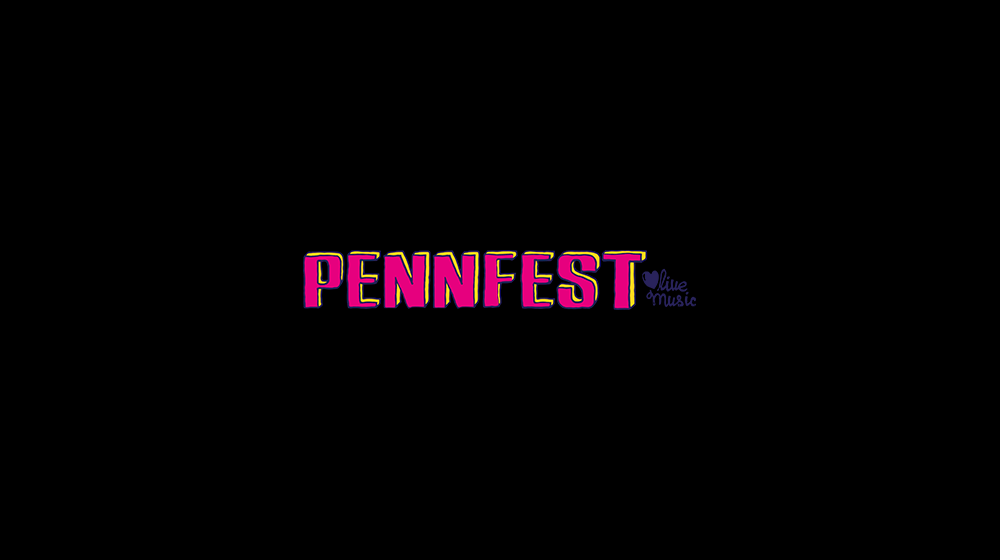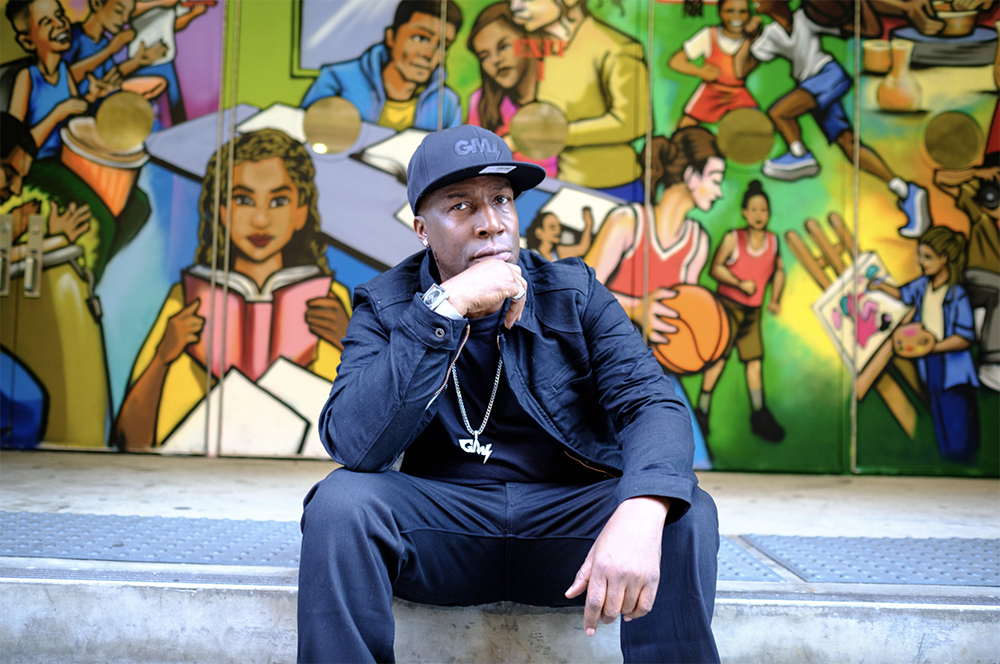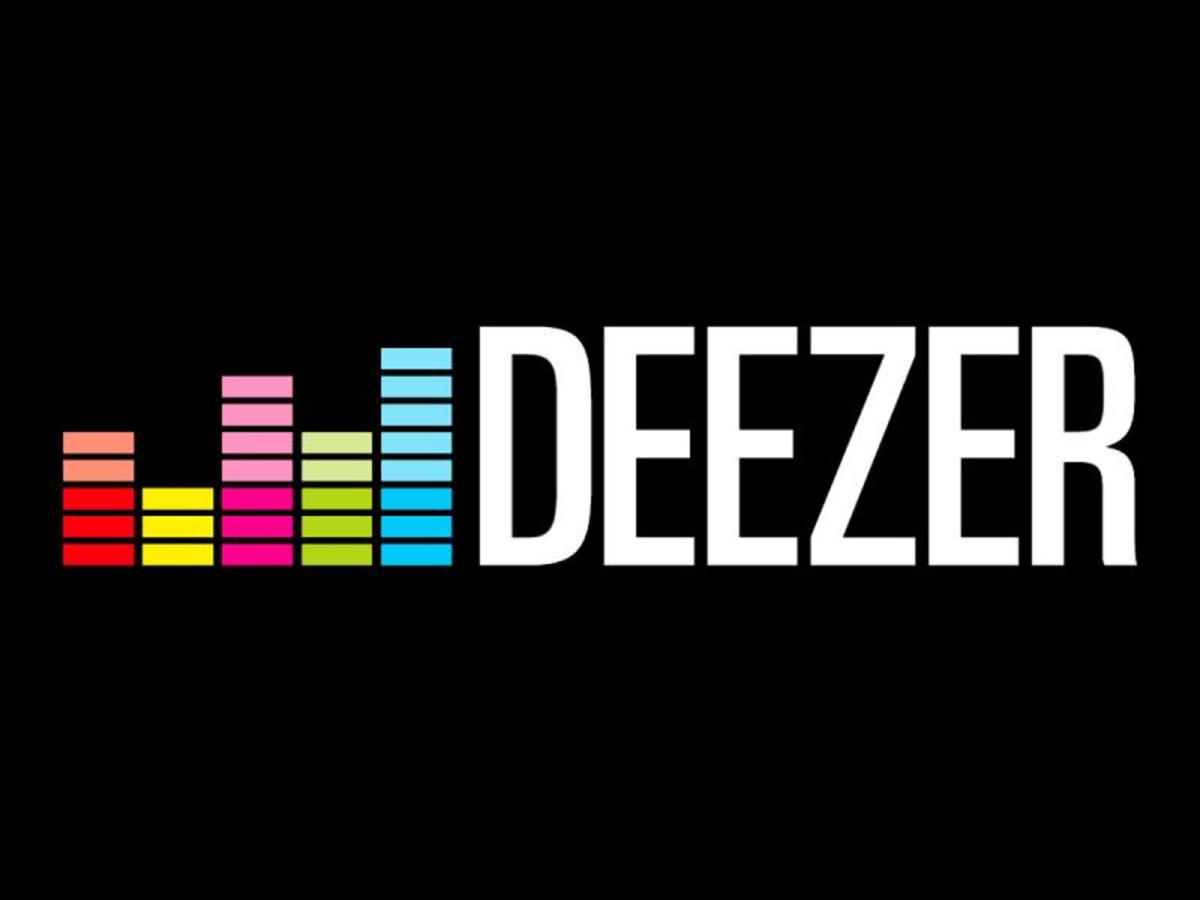
LONDON (Hypebot) – In addition to David Allen’s well argued essay, “The End of the Album as the Organizing Principle,” I intend to examine how the iPod, the single driven environment of iTunes, and file-sharing have changed the way that music is collected and should be organized.
Using the categorization of an album is no longer as efficient of a method to manage increasingly fractured music collections. Due to the proliferation of single songs, navigating through alphabetical listings is tiresome and takes away from the enjoyment that ought to be derived from each session. There is much potential to remove music form the drudgery of the physical world, yet instead of harnessing it, we’ve settled for making the iPod operate like a digital bookshelf. It may not be as painful of the CD cases from yesteryear, but there is still room for vast amounts of improvement.
David opted for the end of the album as the organizing principle in relation to how artists release their works. I, in addition his thoughts, believe that application based media devices will redefine and potentially kill off the album in a different way. The advent of the random shuffle and iTunes Genius are only the humble beginnings of a push towards song-sequencing. This is a feature that will fully automate play listing in real-time and intelligently position songs next to one another. Consider it, a Pandora like application, which will use different organization methods to sort music based on complex song-profiles.
stored away, this isn’t for you.”
In striving for optimization and minimization of clicks, we are ‘one away’ from making the title of albums background information. Granted, if you have the Beatles Discography stored away, this isn’t for you. However, for the average person, eliminating that extra hoop to jump through would be a blessing. One that would go unnoticed, the younger the generation is. In the near future, the browser of the media device should learn how you navigate music and adjust itself accordingly. There is, something to be said about universals, but I’d argue we’re on the brink of gaining a customizable organization system.
The first option available should be, “Turn Album Off.” What this means for artists, is what has been in the back of music fans minds for years. You may release collections of songs that you call “albums,” but the second it’s in their possession, it’s whatever they want it to be. Consider what you release, as a starting or reference point, beyond that, it’s just ones and zeros. As more and more fans collect single songs over their album counterpart, the wall separating these disparate collections is begging to be done away with. Then again, at what point will a collection not necessarily designate ownership of the music?
on who is willing to buy and collect it,
the future of the format isn’t clear to me.”
Fans are collecting music they love to listen to, but maybe not enough to buy, through services like Grooveshark and Project Playlist. The mobilization of such sites will further obscure the process of discerning which music would’ve previously been purchased or shared. Although piracy, in one form or another will have a presence for years to come, there will a service that makes paying for music easier than downloading it. The bigger question is: Can they make it easier than owning it? Since, arguably, the album depends heavily on who is willing to buy and collect it, the future of the format isn’t clear to me.
The threat that this and cloud accessed music pose on the album is tremendous, because, “If there is an infinite amount of music available,” which is, as Seth Godin argues,“as soon as the amount of music available exceeds the amount of time you have in your life, that’s infinite.” Then, he says, “Somebody will have the leverageable spot of deciding what to listen to next.” Whomever that somebody turns out to be, they will be keenly focused on finding songs that meet your individual needs. Songs you’ll like, from anywhere in the world, regardless of release date, genre, or artist for that matter.
What happens when an up-and-coming generation’s current popular music wanes in relevance to the efficiency of the scope through which they discover music in the past? Well, context collapses, the more organized and digitalized culture becomes. In Popular Music in America, Michael Campbell reasoned that, “For listeners the Internet has collapsed time and space. Users can listen to music from around the world and from most of the century.” Therefore, it has decreased the life-cycle of a song as it permeates through the masses, but in turn, it has increased the life of the song in general to the extent of ‘forever.’
In terms of ownership, forever is a long time. Since traditional collections are expected to increase or decrease in value marginally over the span of its life, the ever permanent digital song lacks appeal. For a teenager buying the Jonas Brothers, forever may mean the time until the next weekend rolls around, but for the latter, forever with no return on investment doesn’t make sense. After a decade of fans experiencing other peoples music collections, without having to borrow them, the album, as it stands, has no place in the digital future. Collecting is now subjective; there is no longer a standard, such as a record or CD collection. It spans various mediums, where the individual collects songs, but does not necessarily own all of them. — Kyle Bylin, Associate Editor



















